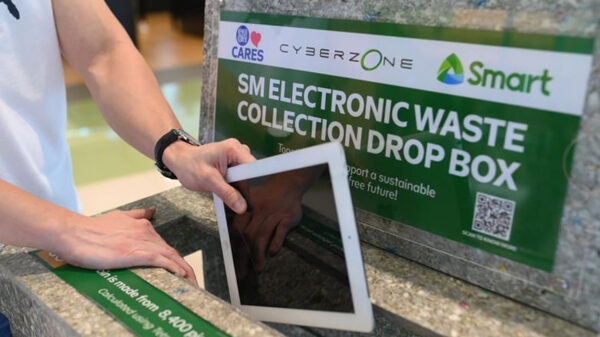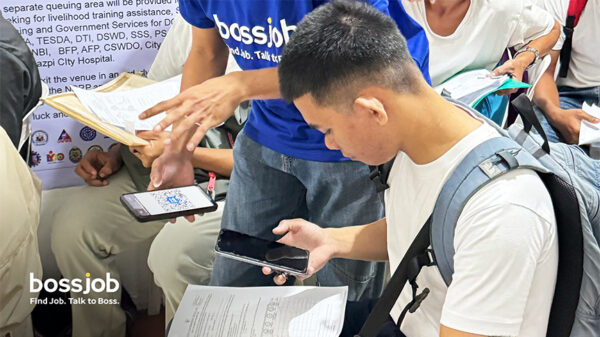PLDT wireless unit Smart Communications, Inc. (Smart) warns customers about solicitations being sent through online messaging platforms and over-the-top (OTT) apps. Smart has received reports about unscrupulous individuals pretending to be company executives or representatives of organizations asking for donations for made-up or nonexistent relief operations. The scammers would then send payment QR codes where potential victims are supposed to send their ‘donations’ to.
Smart has been actively blocking from its network mobile numbers found to be scammers, to further protect customers. It is also working closely with digital payment platforms and concerned government agencies to investigate reported incidents and aid authorities in the prosecution of personalities behind this scheme.
Smart urges customers to #BeCyberSmart and double-check the authenticity of senders, whenever requests of this nature are received. It may be best to verify such requests with the person by calling him or her through the mobile number saved in your devices. When possible, initiate a video call with your contact for confirmation. You can also check the official online pages of the organization to confirm such activities.
If you have received similar messages, report them to Smart’s HULISCAM portal – https://smart.com.ph/huliscam. Take note of the sender’s mobile number, date message was received, and the actual message.
Customers may also report cyber threats and fraudulent activities to Smart’s verified and official social media pages – Smart Communications on Facebook and @SmartCares on X — or call hotline *888.
HEADLINES
Smart warns against fake ‘donation’ scam
Smart has received reports about unscrupulous individuals pretending to be company executives or representatives of organizations asking for donations for made-up or nonexistent relief operations. The scammers would then send payment QR codes where potential victims are supposed to send their ‘donations’ to.


You May Also Like
HEADLINES
According to the Global E-waste Monitor 2024 report by the International Telecommunication Union and the United Nations Institute for Training and Research, the Philippines...
HEADLINES
In 2024, Globe blocked 3,096 child pornography domains or those containing child sexual abuse and exploitation materials (CSAEM), a slight increase from 3,047 domains restricted...
HEADLINES
Catch j-hope’s electrifying performance and share your real-time experience of the ‘HOPE ON THE STAGE’ in MANILA for two straight nights, powered by Smart...
HEADLINES
With petabytes of data at its disposal, Smart aims to enhance customer experiences through A.I.-powered applications. Smart will use AWS’s services to unify Smart’s...
HEADLINES
PLDT and Smart also won the Company of the Year Award, a Gold Anvil for the TNT Petmaloop Challenge, and 12 Silver Anvils for...
HEADLINES
This latest innovation is set to bring high-speed, fiber-like connectivity to businesses and communities in underserved and unserved areas across the Philippines.
HEADLINES
This achievement reflects PLDT’s commitment to driving innovation, security, and digital transformation as it enhances network API capabilities to help businesses thrive in an...
HEADLINES
Bishop Daniel Oca Presto of the Diocese of San Fernando of La Union is championing the rollout of the crisis-resilient teaching pedagogy. He first...
















































































































